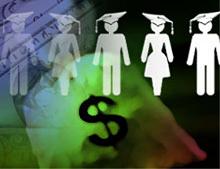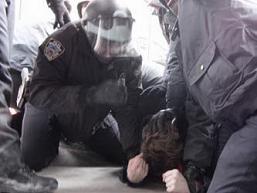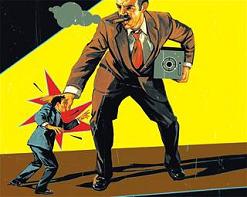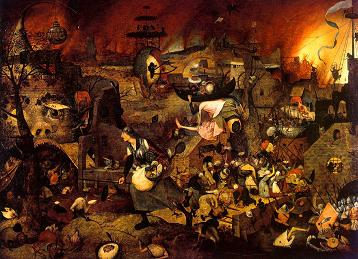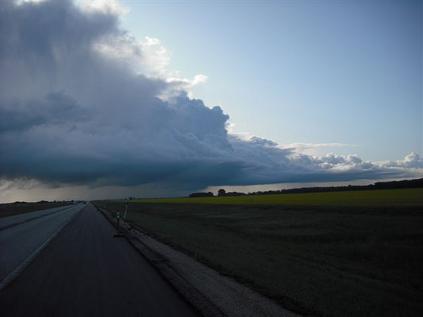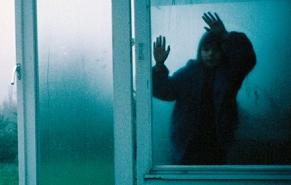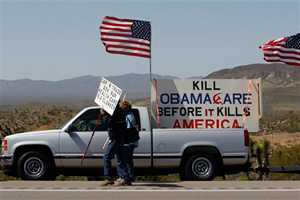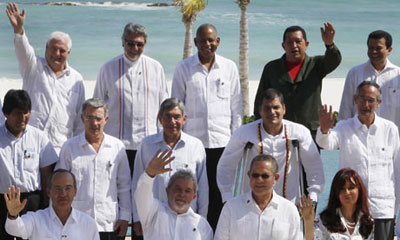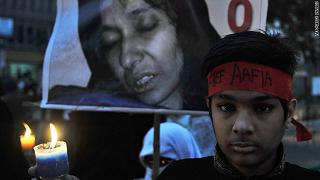Rachel Maddow, McCarthyite
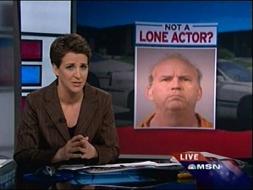
"[The] central point of all the pro-FBI, pro-government, anti-"extremist" propaganda blaring from MSNBC and other news outlets is to convince us that speech leads to violence."
Every government lives in fear of its own citizens. The fear waxes and wanes, as the tides of public opinion and economic ups and downs crest and wash over the political landscape. In good times, the fear is somewhat contained: discontent, albeit ever-present, is masked by prosperity and contained; in bad times, the fear overflows into the everyday life of the citizenry, which is viewed with the utmost suspicion by the ruling elite. In Washington, they’re wondering: how long will they put up with it?
Today, the answer to that question is: not much longer – and the fear is manifest in the latest campaign against "extremism," which is being touted by the "mainstream" media, the authorities, and the professional "extremist"-hunters who work in tandem with both. To give you the flavor of the witch-hunting atmosphere being whipped up by the media-FBI complex, get a load of Rachel Maddow, the "liberal" MSNBC commentator, last Thursday night.



























